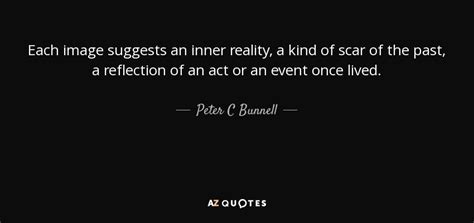A Quote by Mason Cooley
Always leave room for the reader to supply meanings.
Related Quotes
Do you have your own room, Charlie Brown?" "Oh, yes... I have a very nice room." "I hope you realize that you won't always have your own room... Someday you'll get drafted or something, and you'll have to leave your room forever!" "Why do you tell me things like that?" "It's on a list I've made up for you... I call it, Things You Might As Well Know!
Every person has the power to make others happy. Some do it simply by entering a room others by leaving the room. Some individuals leave trails of gloom; others, trails of joy. Some leave trails of hate and bitterness; others, trails of love and harmony. Some leave trails of cynicism and pessimism; others trails of faith and optimism. Some leave trails of criticism and resignation; others trails of gratitude and hope. What kind of trails do you leave?
I've done so many other projects where you're in a room with a reader and you're acting your lines out: 'We have to get out of here! Any minute the building will explode!' And then the reader says: "Yes...we have to get... out of here." So it's not easy to be in the moment in that kind of situation. Reading with the entire cast in the room for The Clone Wars makes the experience much more organic and I love that.






































